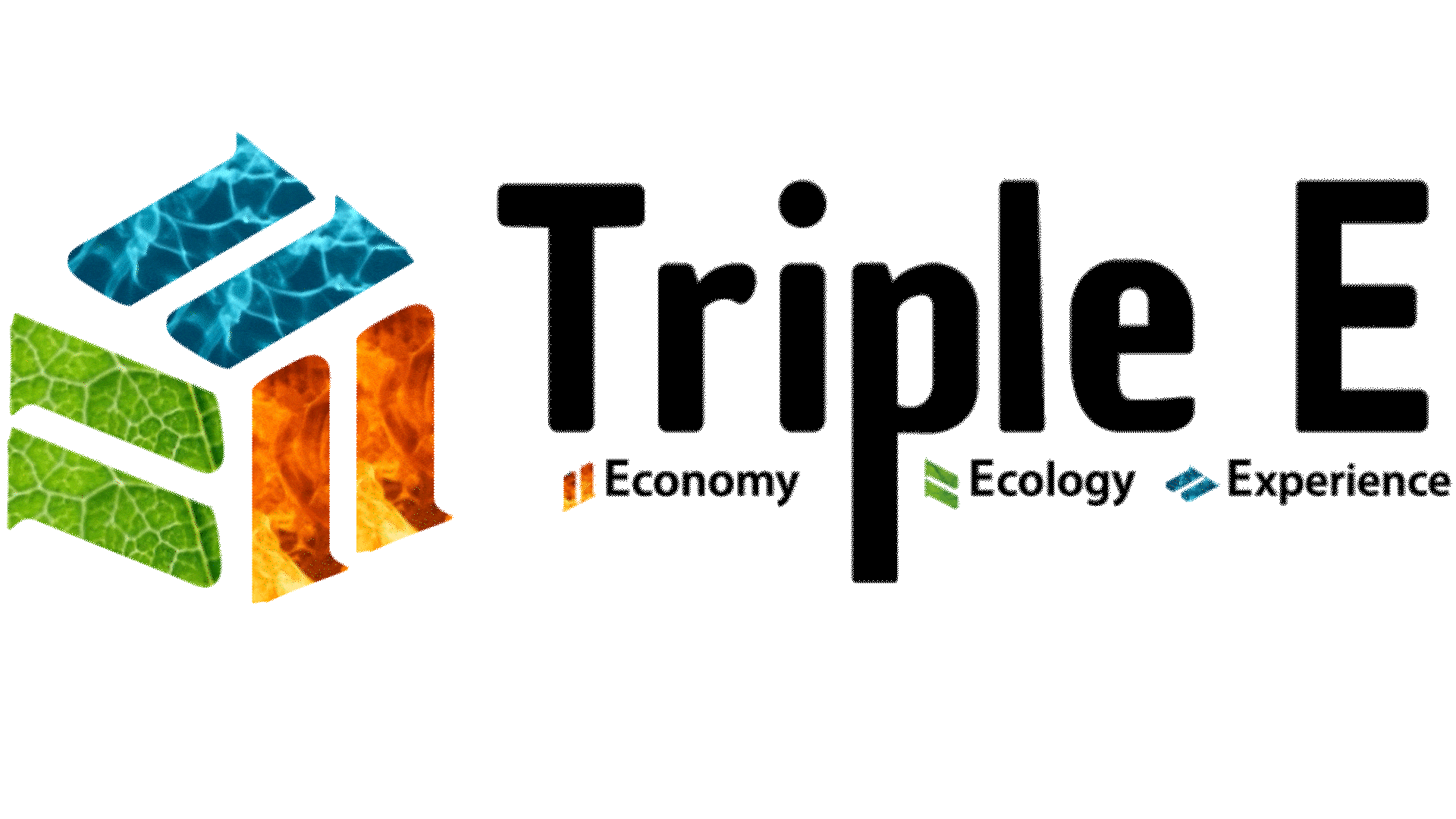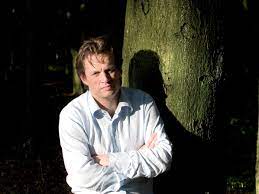
We at Triple E have a thing for the landscape. For example, we have set up landscape funds, organized landscape auctions, devised the product landscape gasoline and devised and put the energy landscape on the map. But in recent weeks we have unexpectedly often found ourselves in the media landscape. Of course it is known as the habitat of the press mosquito, the puffball and the vain spout. But fortunately there are also places where knowledgeable discussions are held about matters such as circularity, nature protection or sustainable soil management: and that is our habitat.
So the media landscape. Yet we start in Noordeloos in the peat meadow landscape. Because for years Tom Bade has been advocating the reintroduction of… land consolidation. That didn’t make you very popular for a long time. Certainly not in ‘green circles’. Because there is generally the idea that half a century of land consolidation has ruined the Dutch cultural landscape. The instrument was not popular among farmers either. Although it had modernized agriculture, we had continued with that for too long. Moreover, the time when the government had to interfere with matters such as food supply was over. The market could do that much better and should do its beneficial work.
Anyone who looks at the developments in the Dutch landscape in 2024 will have to conclude that – despite the fact that it is factually incorrect – the degradation of the Dutch landscape is actually going much better and much faster without land consolidation. Cycling through is no longer fun in more and more places.
And as far as the functioning of the market is concerned. Anyone who speaks openly to farmers at the kitchen table hears the nostalgia for the time when we still had product boards that represented your interests and a Rural Area Service with which you could do business. Yes, even the good old Agricultural Extension Service sometimes passes by, because you could learn something from it. It is becoming increasingly painfully clear every day that government and the market must work together and not oppose each other. So Tom Bade has been advocating for actively taking up land consolidation for years. As in this article from 2008, written with Harry Boeschoten of Staatsbosbeheer.
In addition, in 2016, on an assignment from the Land Registry, he developed the concept of 3D land consolidation and elaborated it in the book ‘Ruilverkaveling through and other glasses’. If you want to know more about the concept and land consolidation in general, watch this informative video:
Fortunately, time is starting to turn. This of course has everything to do with the stalling of all policy ambitions for the countryside and the fact mentioned above that the landscape is becoming a mess, especially without land consolidation. This ecological, economic, landscape and social erosion of the quality of the countryside must be stopped and everyone recognizes this.
But the relentless advocacy for the reintroduction of land consolidation is also beginning to bear fruit. The final push in the right direction came on March 17 when Tom Bade appeared in a broadcast of Vroege Vogels, together with Teunis Jacob Slob and Marco van Beek, both of whom have also been committed to revaluing the land consolidation instrument for years. The subject of the broadcast: land consolidation 2.0 as an instrument to save meadow birds, among other things. Meadow birds as an end product of a land consolidation, things can change.
But there was more. The paper newspaper, the digital newspaper, analogue radio, digital radio and podcasts: in recent weeks, Triple E has been readable, audible and visible everywhere. The media was busy with the innovations of Natural Soil Improvement. In Nieuwe Oogst we published a wonderful article about the ABBA project (Amaryllissen, Brickz, Trees and Waste Reduction).
https://www.nieuweoogst.nl/nieuws/2024/02/27/boomroots-floreren-ddank-amaryllisblad
Tom Bade’s performance at New Business Radio was also a milestone. It explains how the newly established phytorefinery at IPKW in Arnhem will produce cellulose based on roadside grass and miscanthus. See attached link to the podcast:
https://newbusinessradio.nl/artikelen/3423/een-duurzaam-toekomst-voor- papierproductie
But after all these wanderings in the media landscape, the coming weeks will again be all about working in silence in the greenhouse and writing books during the night…… under the familiar green light.






